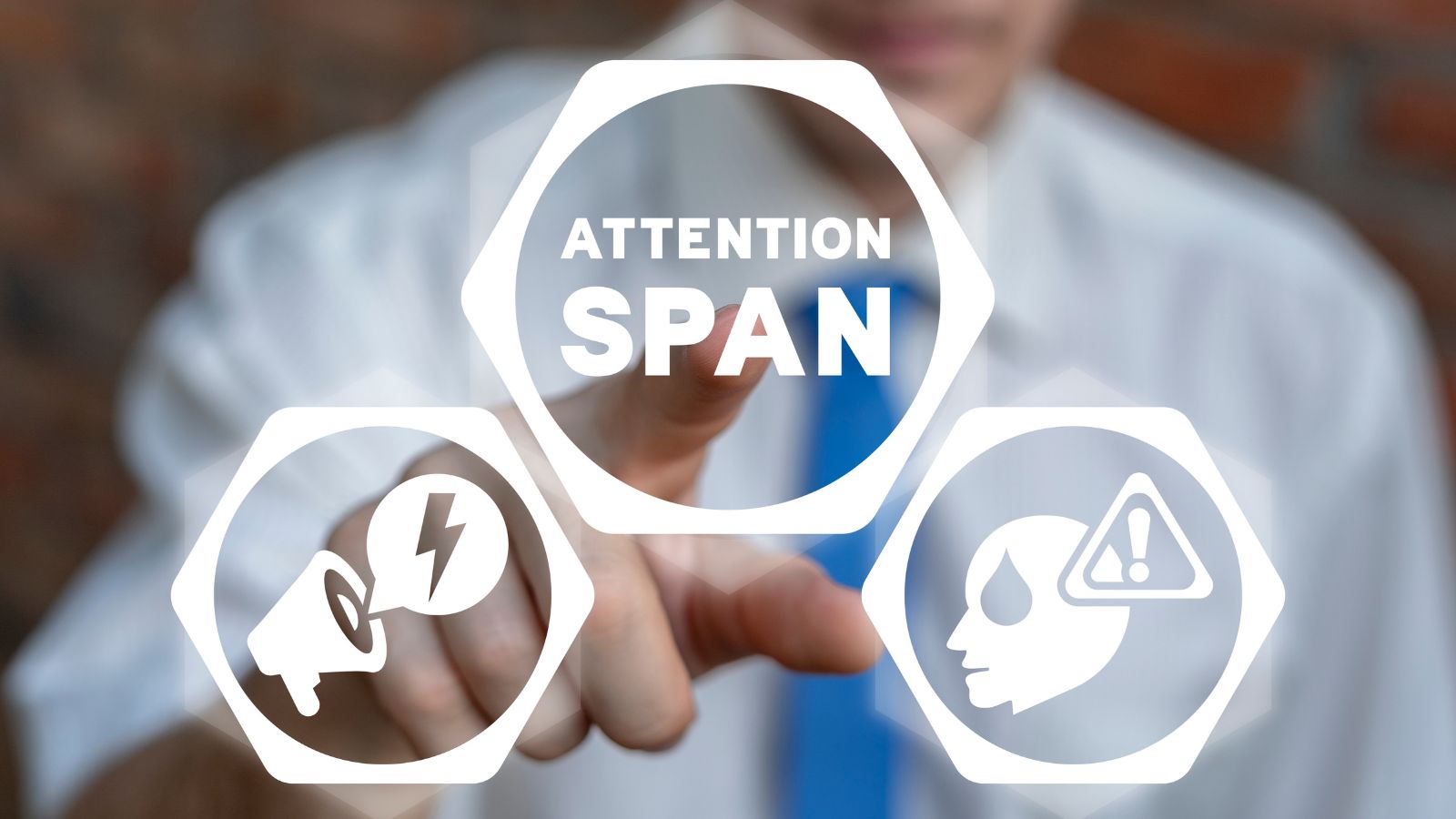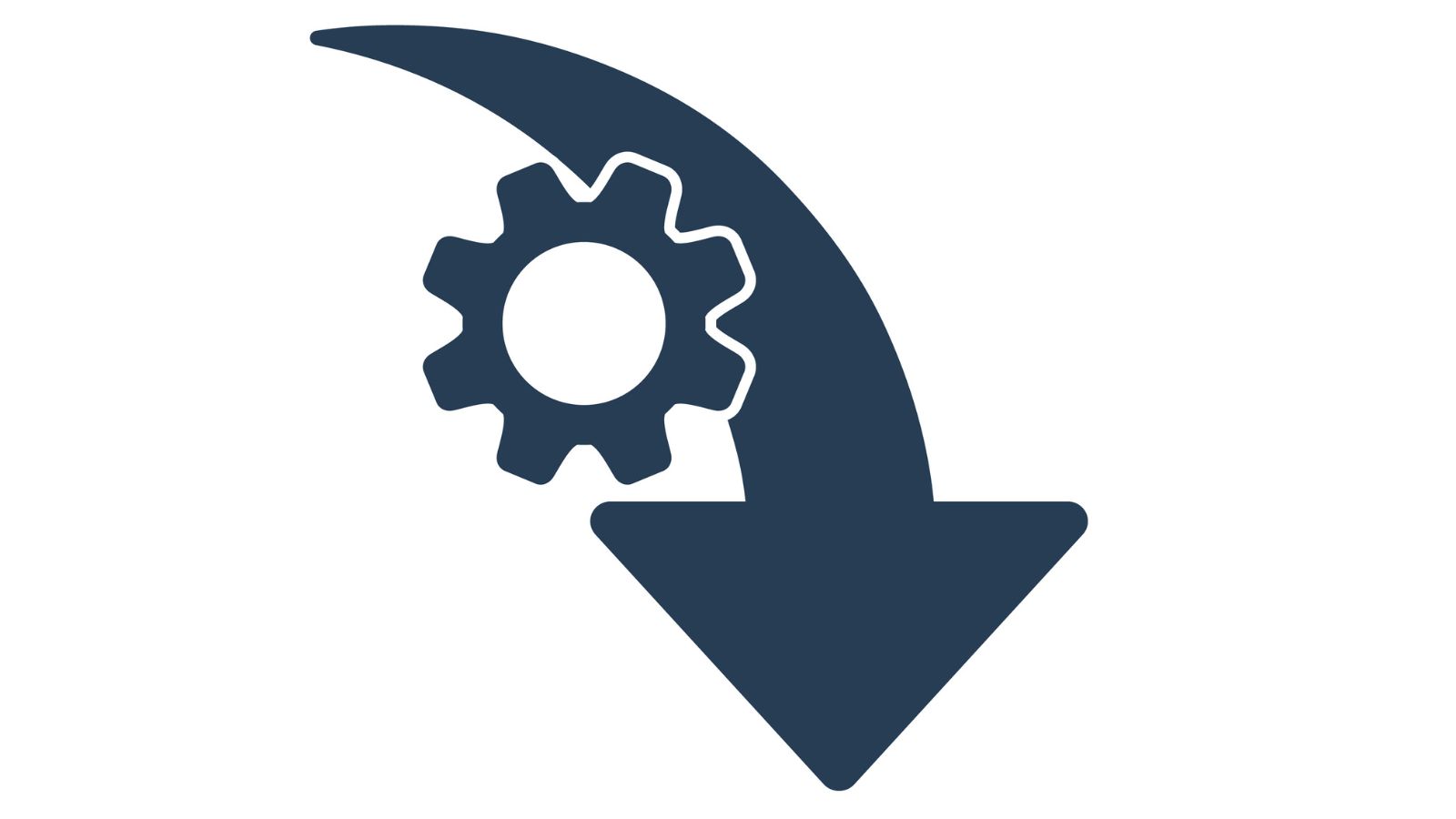In a world where technology is used in almost everything we do, digital distractions have become an unavoidable presence. Notifications, social media feeds, emails and instant messages constantly pull our attention away from everyday tasks, impacting our productivity at work and home. We look at 21 surprising ways that these digital distractions may be impacting you achieving your goals:
Reducing Attention Span

Research shows that digital distractions are rewiring our brains, leading to shorter attention spans. With each notification or quick scroll through social media, our ability to concentrate on a single task dwindles, making it harder to focus deeply on projects that require sustained attention.
Lowering Productivity

Switching between tasks, known as “task-switching,” reduces productivity by up to 40%. Each interruption forces the brain to refocus, wasting precious time and mental energy.
Increasing Stress and Anxiety

Constant notifications can create a sense of urgency and stress, making you feel as if you’re always on call. This feeling of being overwhelmed is known as “information overload” and can lead to chronic stress and burnout.
Reducing Creative Capacity

Creativity thrives in moments of uninterrupted thought, yet digital distractions constantly cut off that flow. This stifling of creative ideas can reduce the ability to brainstorm solutions, come up with innovative ideas, or create meaningful work.
Weakening Memory Retention

Multitasking and constant interruptions can reduce memory retention. When you’re continually switching your focus, your brain doesn’t get a chance to properly process and store information, affecting your ability to retain important details.
Promoting Procrastination

The immediate gratification offered by social media and mobile games makes them ideal tools for procrastination. Constant digital distractions allow you to delay important work in favor of more pleasurable, low-effort activities.
Eroding Self-Control

Frequent digital distractions weaken self-control and discipline. The more often we succumb to checking notifications or scrolling, the harder it becomes to resist these temptations.
Hindering Goal Achievement

Goal achievement requires dedication, focus and a long-term vision. Digital distractions create a fragmented mindset, which makes it more challenging to maintain a commitment to your goals.
Reducing Emotional Intelligence

With our faces glued to screens, real-life social interactions have taken a hit. Over time, this can erode empathy and understanding, qualities vital for building personal and professional relationships.
Lowering Job Performance

Many professionals feel their productivity and quality of work suffer because of frequent interruptions. Digital distractions, especially at work, can lead to incomplete tasks, missed deadlines and a drop in performance ratings.
Impairing Decision-Making

Studies suggest that digital overload can impair our ability to make decisions. With the constant need to process information, our brains can become overwhelmed, leading to rushed or poorly thought-out decisions.
Limiting Career Progression

A lack of productivity, focus and commitment can hinder career growth. Those constantly distracted by digital devices may miss out on promotions, important projects, or networking opportunities that could lead to career advancement.
Worsening Sleep Quality

Late-night scrolling has a negative impact on sleep, affecting melatonin levels and leading to poor-quality rest. Over time, inadequate sleep can harm mental clarity, energy levels and work performance.
Reducing Reading Comprehension

With an increasing preference for skimming information, many are losing the ability to read deeply. This decline in reading comprehension can affect professional development, limiting your ability to grasp complex information or instructions.
Increasing Feelings of Isolation

While digital devices connect us to people globally, they can create a sense of disconnection from the people physically around us. This paradoxical isolation can lead to loneliness and detachment, affecting mental well-being.
Encouraging Impulsive Purchases

Digital distractions include targeted advertisements and influencer endorsements, which subtly encourage impulse buying. Over time, this can lead to poor financial habits and wasted resources.
Causing Physical Strain and Health Issues

Prolonged screen time often results in eye strain, headaches, poor posture, and physical discomfort. These physical distractions can reduce your ability to work effectively and comfortably, impacting productivity and long-term health.
Reducing Work-Life Balance

The boundaries between work and personal life blur as our devices follow us everywhere. Constantly checking emails or responding to messages outside work hours can create an unhealthy work-life balance.
Diminishing Personal Growth

Spending hours on digital distractions often means neglecting personal growth activities like reading, exercising, or learning new skills. Without actively investing in yourself, personal and professional growth can stagnate.
Decreasing Motivation

The endless content available online can drain motivation. Spending time consuming quick, entertaining content provides instant gratification, but often at the expense of working toward meaningful, long-term goals.
Lowering Overall Happiness

Studies indicate that social media, in particular, can contribute to decreased happiness. Constantly comparing yourself to the curated, seemingly perfect lives online can lead to self-doubt, dissatisfaction and even depression.
18 Reasons Why People Are Leaving Florida in Masses

Exploring factors that impact the desirability of living in Florida, this list delves into various challenges shaping residents’ experiences. From environmental concerns like rising sea levels to economic factors such as fluctuating job markets, these issues collectively contribute to a nuanced understanding of the state’s appeal.
18 Reasons Why People Are Leaving Florida in Masses
